
Some think that being poor is simple. You don’t have enough money to buy a lot of stuff, so you’re forced to buy less stuff. But that’s not really how it works. When you’re broke, you can’t do all the little things that will improve your budget over the long run. It actually costs more to be poor.
When you’re poor, you can’t buy your food in bulk, buy high quality stuff that will last, or own your own tech instead of renting. It costs money up front to save money over the long run. Worse yet, being poor often comes with hidden, intangible costs that make digging yourself out of poverty even harder.
Food Can Be Cheap, But Eating Healthy Is Expensive

As any college student can tell you, getting food when you’re poor isn’t that hard. Ramen is under twenty cents a pack. The problem is getting healthy food. Ramen consists of 20% empty calories and 80% salt. If you only ate that for every meal for years, your long term health would be at serious risk (or so my doctor tells me).
This was the exact situation I found myself in when I was broke. Time was more valuable than my health, and fast food was easier than cooking at home. It wasn’t much more expensive, either. This lead to an unhealthy hierarchy of meals: on a good week, I could buy hot dogs from my local QuikTrip for $2. On a bad week, it was Ramen for days. Two liter bottles of store-brand soda cost less than orange juice or milk, so if I wanted something to drink besides water, that was what I got.
Now, a few years of that diet is already going to be pretty bad. The long-term consequences were worse. Even when I started earning more, the habits stuck. Soda is still a staple of my diet. It’s taken a long time to build the habit of making proper, home-cooked meals. It’s easy to think that you’ll just change your habits once you get more money, but you don’t realize just how many bad habits you build.
This is a difficult trap to escape. According to research from the Harvard School of Public Health, healthy meals cost an average of $1.50 more per day (or ~$45 per month) than unhealthy meals. When you have money, that’s not a huge deal. However, if you make the federal minimum wage of $7.25 per hour and you work 40 hours per week, that amounts to roughly 3.6% of your yearly salary. If you can only get the part time hours of 32 hours per week (which is more common for minimum wage jobs), it’s 4.5% of your yearly take home. Before taxes, by the way.
When $1.50 a day can account for nearly 5% of your yearly salary, it’s no surprise you choose the $1 soda over the $4 orange juice. Who the hell cares about “long-term health consequences” when you can barely pay rent? You know what has some serious “long-term health consequences”? Getting evicted. I’ll pay rent today and worry about heart disease later.
When you’re poor, you can’t afford to think about the “long run.” I knew that it was smart to buy some stuff from big membership stores, but I couldn’t even get past the membership fees. I knew that eating gas station hot dogs and ramen was going to kill me some day, but as long as that day wasn’t before rent was due, I had to live with it. I probably could’ve done marginally better if I planned to cook more meals ahead of time but I, like 6.8 million Americans according to the Bureau of Labor Statistics, had to work multiple jobs to get by. I didn’t have enough time to be healthy, and I didn’t have enough money to save money.
http://lifehacker.com/the-financial-...
There's a fundamental flaw with lots of financial advice: it assumes you have money. For some… Read more Read more
Cheap Cars Cost More to Repair, and Public Transportation Is a Time Suck

Having a job doesn’t mean much if you can’t get to your job. Owning a car is expensive even after you’ve paid off the initial cost. Public transit may be more accommodating to lower income tiers, but it isn’t always available in every city.
Transportation has two major hidden costs when you’re poor. First, lots of expensive car repairs are avoidable...if you have money to fix them early on. I used to ignore changing my brake pads for months. My car would start making that familiar squealing noise that indicated I didn’t have much time left before the brake pads were gone. I hated the noise, but I hated overdrafting on my account more. So, I turned the stereo up a little louder and tried to drive less.
Replacing brake pads can cost an average of $145, depending on your car. If I had to spend $145 to change my brake pads (assuming I even had that much in my account), at best I’d wipe out my food budget for the month. At worst, I wouldn’t have enough to pay utilities. So I’d put it off.
On at least one occasion, my brakes got so bad they were grinding down the rotors. In case you’ve never had this happen, grinding rotors makes a terrible, metal-on-metal sound. Replacing a rotor also costs hundreds more than replacing brake pads. Sure, I successfully put off one expense, but when the rotors broke, I was screwed. The longer I waited on basic maintenance, the more expensive the repairs got.
Waiting was often my only option, though. Unlike buying healthy food, there were times I literally didn’t have the money. Not “I have this money, but I shouldn’t spend it.” More like, the car repair is $145 and I have $12 in my account. And I still have to drive my car to work. There’s no third option.
Public transit is a great option, but a lot of cities don’t provide it. If yours does, things still aren’t great. With public transit, you face a very different cost: time. What would be a fifteen minute drive becomes an hour long bus ride. Miss a bus and you’ve lost another 10-15 minutes. When you only have a couple free hours in the day, that hour on the bus might mean you can’t prepare a decent meal or do laundry. This can apply to cars too (“I’ll just do that hour-long oil change next week”), but with public transportation, the cost of time really adds up fast.
Unfortunately, transportation isn’t exactly optional. If your car breaks down and you don’t have money to fix it, you lose out on more wages. Some even lose their jobs. The time costs of public transit can also make it harder to fit in things that help dig yourself out of poverty, like education. Ironically, just getting to work can make it harder to work, if you can’t afford all the associated costs that go with it.
http://lifehacker.com/5868374/the-ca...
Car repairs can drain your pocketbook fast, but you can do a wide range of repairs yourself,… Read more Read more
You Need to Dress Nicely to Move Up, But New Clothes Aren’t a Priority
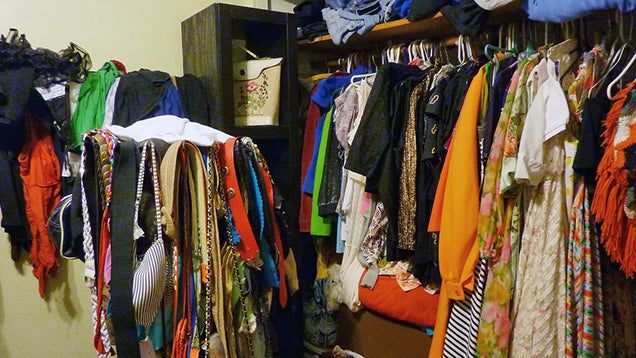
Despite their necessity, buying new clothes is often seen as one of the most stereotypically frivolous purchases. Why should poor people be shopping for new or nice clothing when they’re struggling to make ends meet, right? The problem is, if you don’t spend money on clothes, you pay a hefty social cost.
Several years ago, I worked for Walmart. As is the case for most retail employees, I had to buy my own uniform. At the time, we were required to wear dark blue shirts and khaki pants. Since I owned exactly none of either, I had to blow through any clothing budget I had just to be ready for work (before I got my first paycheck, no less). The problem was, I worked outside as a cart-pusher. Navy blue shirts tend to fade in the harsh Georgia sunlight. Plus, my shoes wore through every three months from walking on pavement all day. And not just “they look ratty”—my toes were literally touching burning pavement a few months after getting new shoes.
Needless to say, I looked like crap most of the time. My shirts were faded and my shoes were falling apart, and that was while I was on the clock. The rest of my wardrobe looked even worse. Any money I could spare for clothing usually had to go towards new uniforms. The problem is, if I wanted to get a job somewhere else, the nicest thing I had to wear was my work outfit. It took a long time before I could afford to update my closet with anything even remotely presentable while still keeping up with uniform churn. In the end, I only pulled it off by opening a small line of credit with a clothing retailer. No matter how many people advised against borrowing money when you’re broke, I simply couldn’t afford the clothing I needed to look presentable to an employer before getting the job I was applying for.
Dressing well is an awkward catch-22. If you’re poor and you have a nice wardrobe, people think you’re irresponsible with money. However, if you dress poorly, you’re more likely to be judged poorly, especially in job interviews. How you dress can be the difference between landing the job and being ruled out as soon as you walk in the door. This type of effect is so strong, that even wearing a recognizable brand name can improve how others perceive you. It’s sad, but it’s the world we live in.
Of course, the costs of clothing don’t end at social pressures. Merely keeping your clothes clean and presentable can cost time and money, too. If you don’t own or have access to a washer and dryer, you need to spend time at a laundromat. Not only does this cost money every single time you clean your clothes, but it takes precious time that could be better spent working, learning a skill, or taking care of your family.
The worst part is how frivolous this all sounds. Frankly, it’s demoralizing. As someone who’s had to wear crap clothes to work and even crappier clothes on my off days, I know how it feels to be seen differently. You get comments about how you need new clothes. You’re reminded, politely and unhelpfully, how your clothes are faded. It’s vaguely implied that your failure to buy new shoes isn’t a symptom of your low paycheck, but laziness. Why haven’t you gone to the store to buy new shoes yet? As if going to the store was the biggest hurdle.
Yet it still feels like caring about how you look is vanity, rather than practical. Food is practical. Housing is practical. Transportation is practical. New clothes? Why are you wasting your money on new clothes, and then complaining about how broke you are? Fortunately, you can at least ignore this mindset. You can’t change people’s perceptions if you’re wearing old clothes, but you can at least ignore the people getting on your case for “wasting” money. You know, provided you can scrape enough together to find clothes to begin with.
http://lifehacker.com/5867952/dress-...
We always told to "dress for success" and "dress for the job you want, not the one… Read more Read more
Fees For Everything Can Compound to Ruin Your Budget
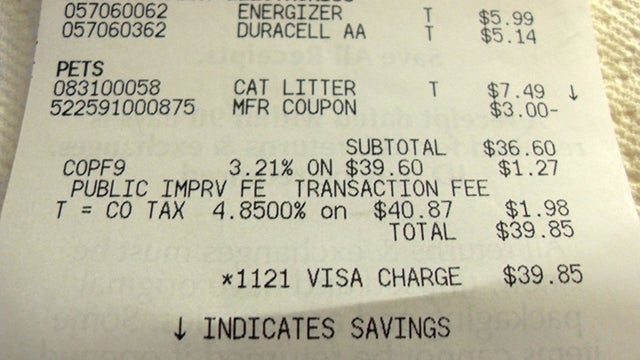
Avoiding fees is a life or death survival trait for low income households. This gets its own category because when you’re poor, fees are everywhere. Fees for having a bank. Fees for not having a bank. Fees for paying late. Fees for paying with a certain type of card. Fees for not being able to pay a fee. A person can drown in the various fees that disproportionately hurt poor families.
One fee that hurt me a lot over the years were overdraft fees. If I charged something to my debit card, and then it turned out I didn’t have enough money, I was charged $35 per transaction. This seems like a no-brainer, right? Just don’t spend money you don’t have, Eric!
Except that’s not how it works when you’re broke. You have to obsessively over-analyze every single transaction in your account. Not just how much, but when. If you pay the power bill today, but it doesn’t clear until next week, then you have to remember that your account is that much emptier than it looks. My credit union in particular had terrible software. Its website looked like it hadn’t been updated since the 90’s (and still doesn’t). It had absolutely no tools to keep track of which money was allocated for different purposes. The “Available Balance” box attempted to indicate how much unspent money I really had, but it was unreliable. The best I could do was to keep a written log of every transaction personally, but if I forgot something or made a math error, I was screwed.
This was made even worse when my credit union would apply transactions in a highest-to-lowest order, rather than chronologically. Say I had $150 in my account, and accidentally spent $160. One transaction was a $150 power bill, while the rest was four transactions of $2.50 each. Even if the power bill was the last one I paid, I would sometimes find it was taken out of my account first, leaving me with zero dollars. Then, each $2.50 transaction would cost me $35 extra in overdraft fees. If they were charged in the correct order, I would only get one fee, but instead I would be charged $140 in fees. Unfortunately, this happens a lot more often than it should. Sometimes, this was my own fault, but it also occurred when deposits didn’t clear when I expected them to, or bills were charged sooner than their due date. A minor mistake for someone with more money destroyed my budget for weeks.
Banks aren’t the only ones who charge compounding fees, either. Every year, I had to pay to register my car. One particularly bad year, I didn’t have spare money to pay registration. I also worked one mile from work, so when it came time to choose between registration or food, I took a risk that I could make it to work without getting pulled over. One week after my registration was due, I got pulled over. I was let off with a warning, and told to pay my registration. Another week later (before I’d even earned enough money to pay for registration), I got pulled over again. Since this was the second time for the same offense, I got a citation for nearly $100. This wasn’t making it any easier to pay the fine. Eventually, I was finally able to pay it with money I received from relatives on Christmas. Just what I always wanted.
Fees are everywhere when you’re poor. Banks may charge a ton of fees for using basic services like checking. A simple traffic ticket can spiral out of control, sometimes even leading to being arrested, plus more fees. Utilities may charge fees if you pay by debit card. If you can’t get approval at a bank, payment schemes like pay cards can have charge you fees just to use your money. All these fees add up to huge pains that hurt a lot worse when you don’t have money. Failing to pay those fees only leads to more fees, which means that, like most areas in life, it costs more to be poor.
http://lifehacker.com/stop-getting-g...
If there’s one things banks love, it’s charging you extra for stupid things and hoping you won’t… Read more Read more
With all of these things, there is an element of responsibility. For example, could I have walked to work instead of driving a car with an expired tag? Maybe! Then again, I tried that for a while, got caught in the rain, and my phone was destroyed. At the time I was trying to break into writing about Android, so that choice to save money could’ve derailed my entire career.
That’s what makes being poor so tough. Sure, you can make choices that lighten the load on yourself, but the margin of error is much thinner. Meanwhile, the amount of extra work you have to do just to break even is much higher. You could spend tens of hours each week trying to optimize every dime in your budget, just to have one mistake ruin you for a month.
This is just my experience, but many people had it way worse than I have. At my lowest points, I was fortunate enough to either have people to help out, or lucked into receiving a windfall right when I needed it. Others aren’t so lucky. When the punishment for making a mistake or having an accident is so harsh, it can make it nearly impossible for even the hardest working people to break out of the cycle of poverty.
Photos by Hajime NAKANO, Magharebia, Lara604, Paul Swansen.





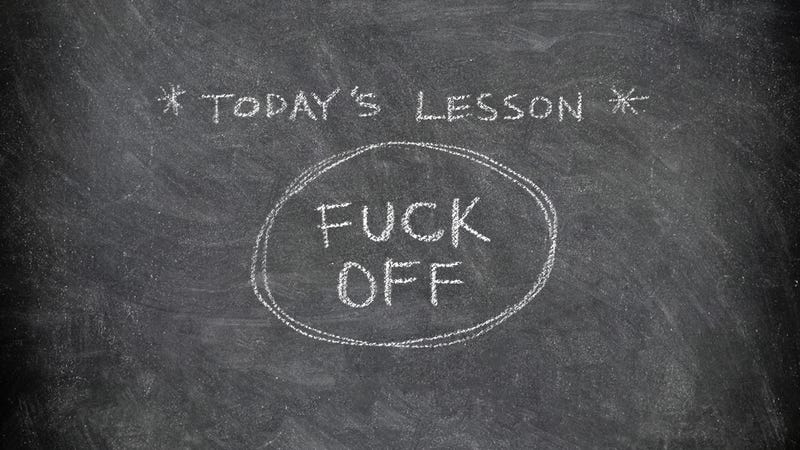


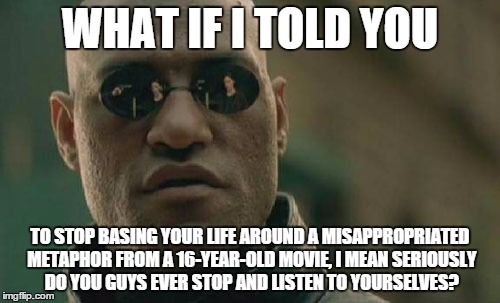


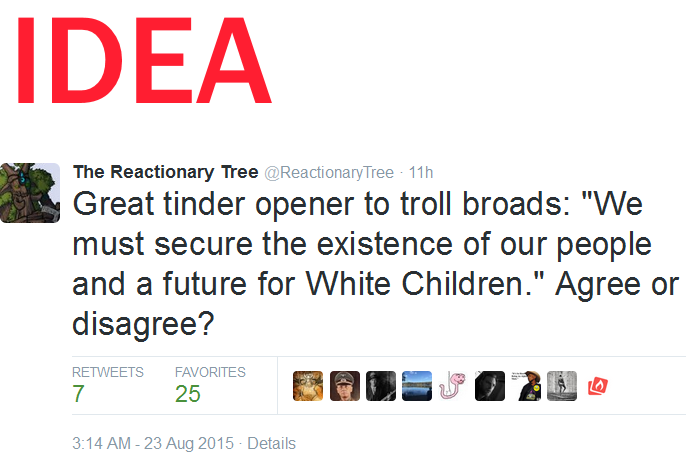




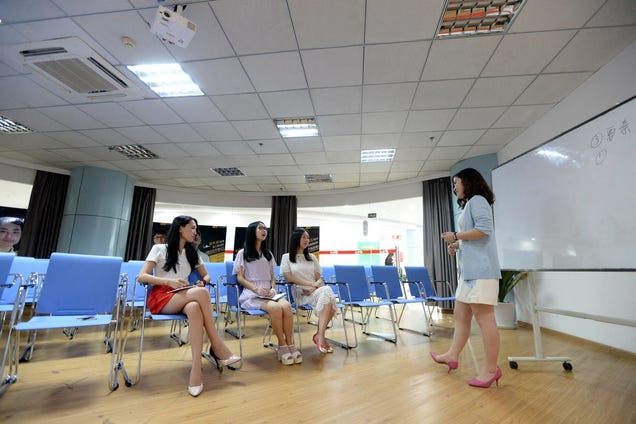

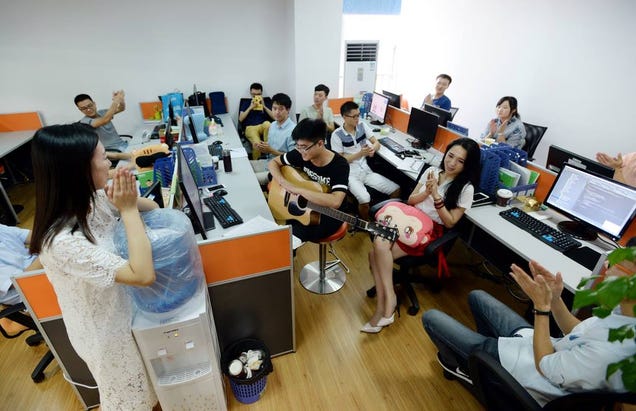








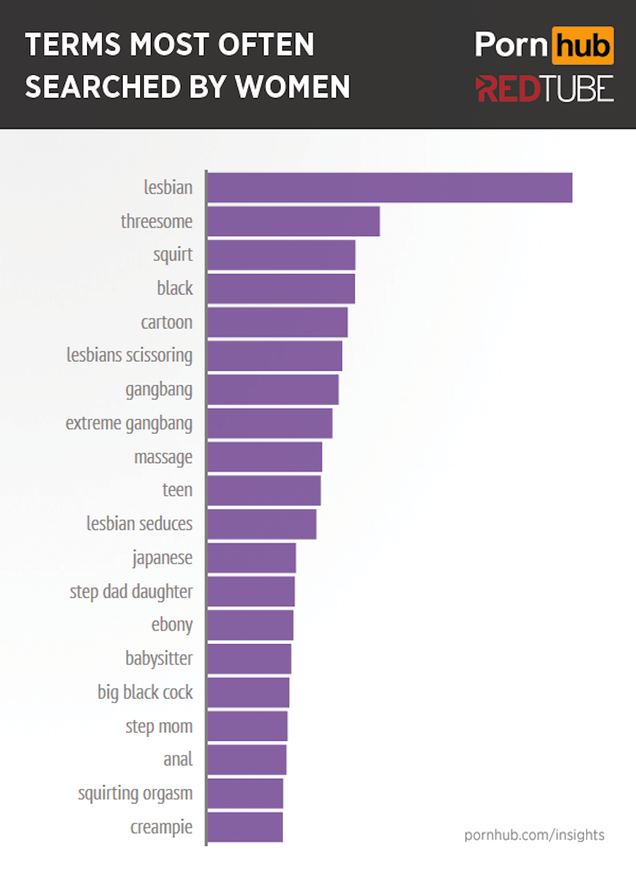
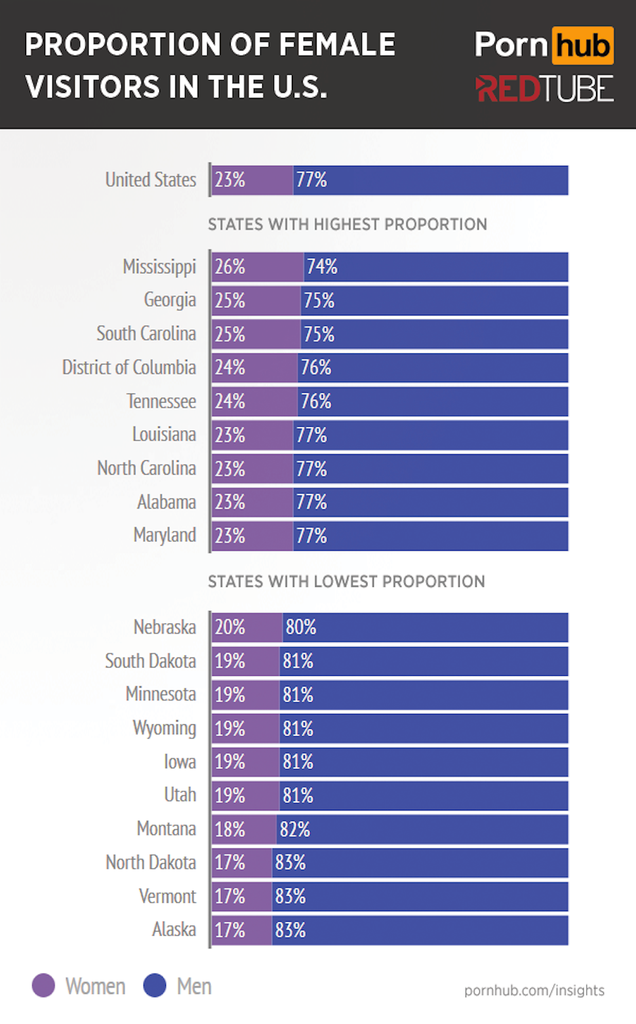

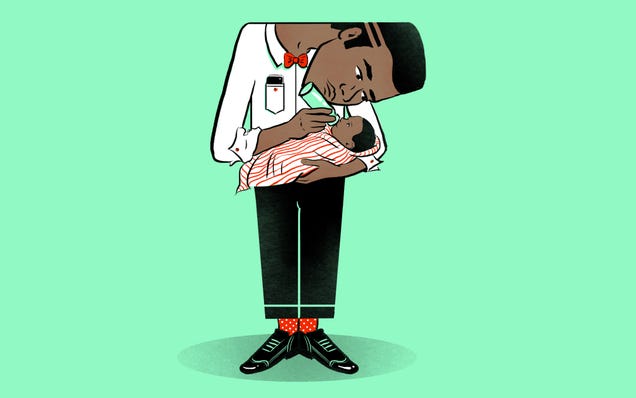

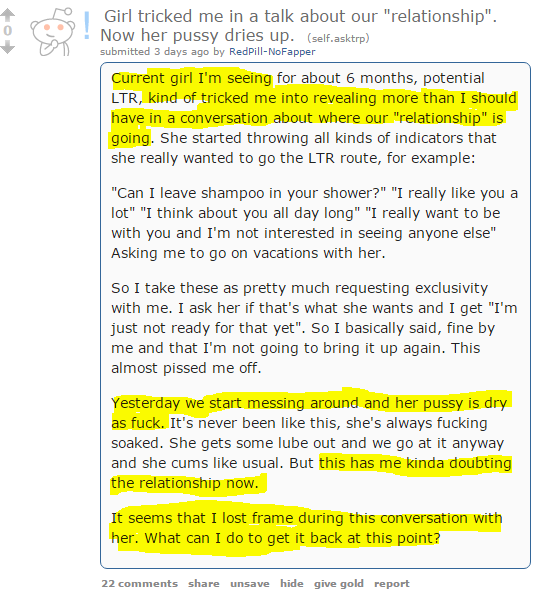
![TattedGuyser 10 points 3 days ago Once an incident, twice a coincidence and three times a pattern. Chill out a bit. Have you never had whiskey dick before? I sure have and it sucks, but it definitely doesn't mean I'm impotent. permalinkembedsavereportgive goldreply [–]FRedington -1 points 2 days ago Once is happenstance; twice is coincidence; thrice is hostile action.](https://manboobz.files.wordpress.com/2015/08/rphostilevag.png?w=604) Then again if I had a vagina I’m pretty sure it would be sewing itself shut right now.
Then again if I had a vagina I’m pretty sure it would be sewing itself shut right now.













